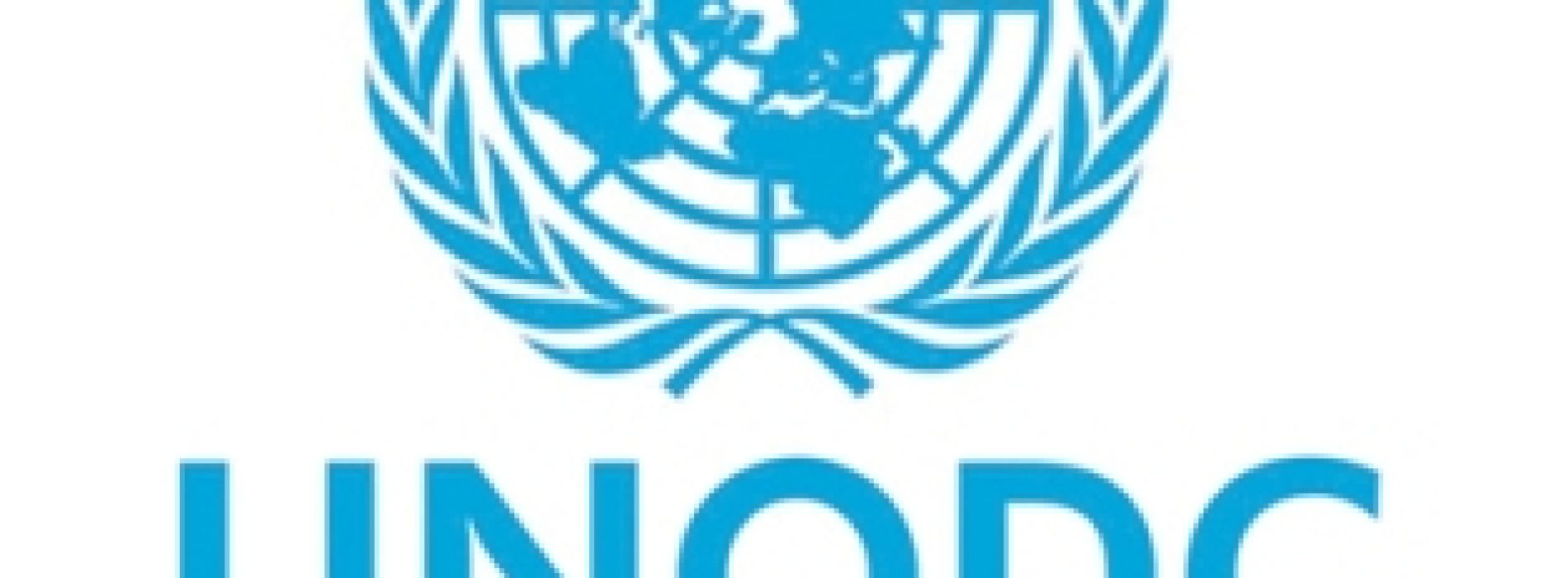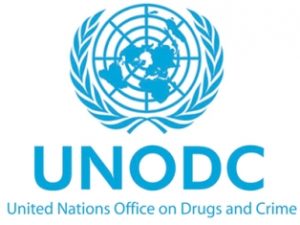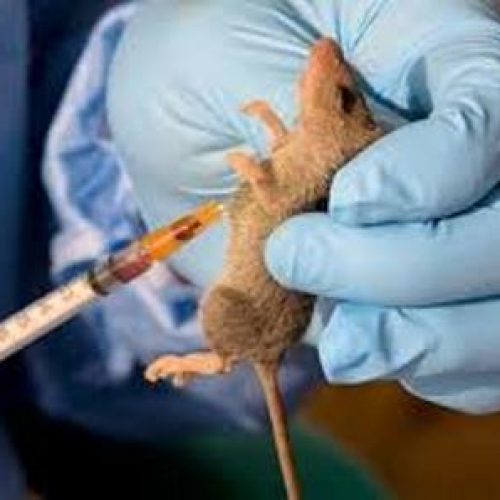UNODC organizes conference on regional drug enforcement cooperation
The Regional Office of the United Nations Office on Drugs and Crime (UNODC) begins a 2-day “Conference on supporting the implementation of the ECOWAS Drug Action Plan through Effective Regional Drugs Enforcement Cooperation” today in Abuja.
This conference which ends tomorrow is being conducted as part of the “Support to ECOWAS Regional Action Plan on drug trafficking, organized crime and drug abuse in West Africa” project funded by the European Union (Abuja Office) and implemented by UNODC in collaboration with Member States of Economic Community of West African States (ECOWAS).
A release from UNODC says this activity is expected to be a significant step in supporting the implementation of the ECOWAS Action plan on drugs. The Action plan benefits from assets and strengths that are: a confirmed political will, regional instruments, expertise from member States and financial commitment from donors.
“The free movement of goods and people within the ECOWAS area, as a principle, generates economic opportunities and fuels the regional integration. But the side-effects are related to increased opportunities for organized criminal groups to traffic illicit goods and engage in smuggling across borders. Another major issue that further contributes to the current state of affair is laundering of the proceeds of criminal activities, especially across borders.
“This conference is designed to provide pragmatic solutions to illicit drug trafficking Law Enforcement related-challenges, regional coordination challenges and legal challenges that can arise in investigating cross border cases,” the statement further said.
The ECOWAS Member States are expected, during the conference, to
- Review the scope of Member Countries’ efforts at domesticating relevant international and regional conventions and protocols (UN, AU ECOWAS, etc.) against transnational/organized criminal activities;
- Explore and propose concrete ways by which ECOWAS Member States can Enhance information sharing, legal cooperation and coordination including Mutual legal assistance;
- Mobilise the support of the international community for the implementation of the Regional Action plan against illicit drug trafficking and transnational crime associated with it; and
- Facilitate networking of policy makers, experts, practitioners and other stakeholders in order to sustain an open and productive dialogue on the issues.
Around 70 experts drawn from regional and international organisations such as INTERPOL, UNODC, ECOWAS and the Intergovernmental Action Group against Money Laundering in West Africa (GIABA) are expected to discuss major issues faced by the region with a view to proffering solutions.
UNODC provides a technical assistance to West African States for 20 years, through its Regional Office for West and Central Africa (ROSEN) in Dakar, Senegal, and 10 other local offices based in different countries within the region. As the guardian of the United Nations Convention against Transnational Organized Crime (TOC) and its Protocol, as well as the three Conventions on international drug control, UNODC is mandated to assist the Member States to strengthen their national responses on the matter, in line with their international obligation.
About author
You might also like
Lassa fever: Death toll now 29, 195 confirmed cases
No fewer than 195 confirmed cases and 29 deaths have been reported from the current Lassa Fever epidemic in the 11 states of Edo, Ondo, Ebonyi, Delta, Taraba, Plateau, Bauchi,
Smile360 clinic wins 7th consecutive award for excellence in dental care
Smile360 Dental Specialist Clinic has clinched the Nigerian Healthcare Excellence Award (NHEA) for the seventh year for delivering exceptional dental services and setting the benchmark for excellence in the Nigerian
My exercises are not working, I need to lose weight
Prof Useh: FITT will help Dear Prof, My exercises are not helping me. I am a 54-year-old Human Resource practitioner. I want to lose some weight. I have been on








0 Comments
No Comments Yet!
You can be first to comment this post!